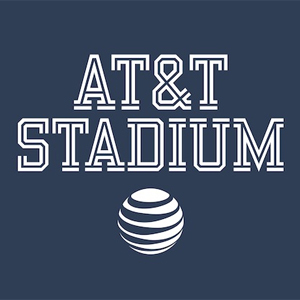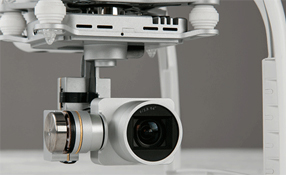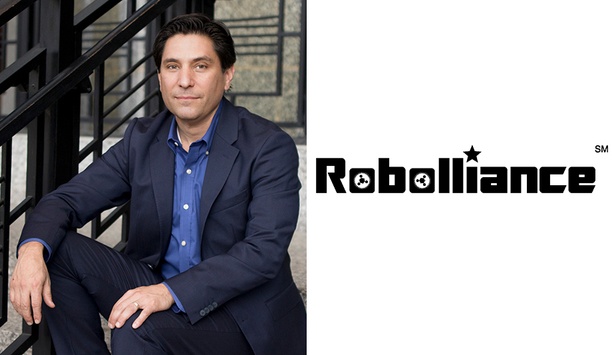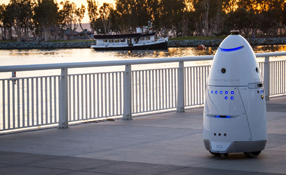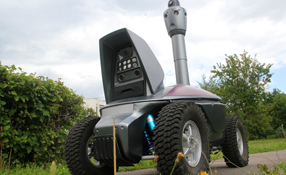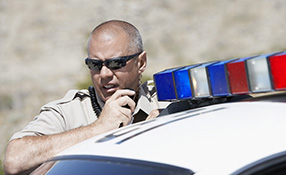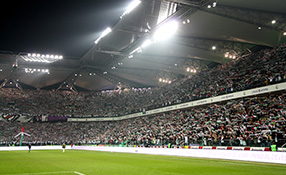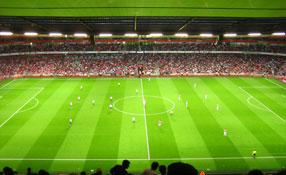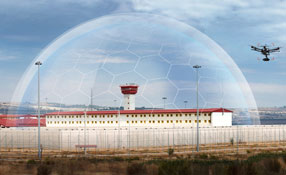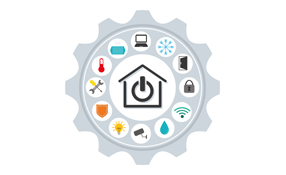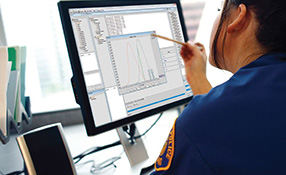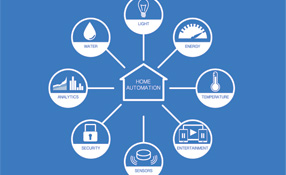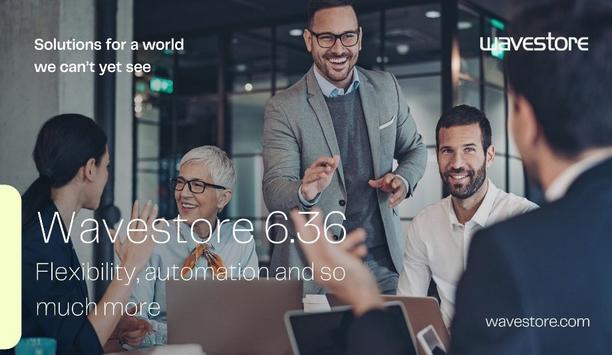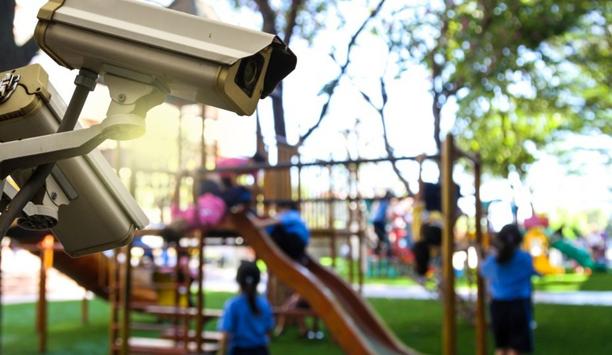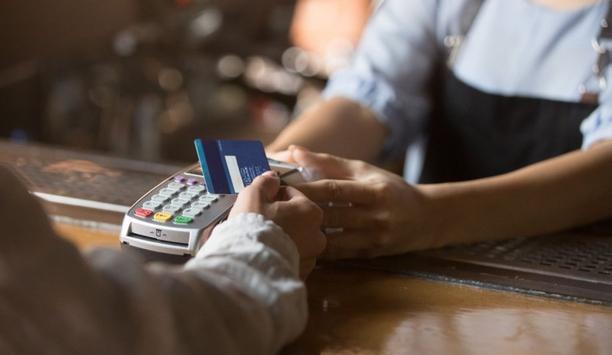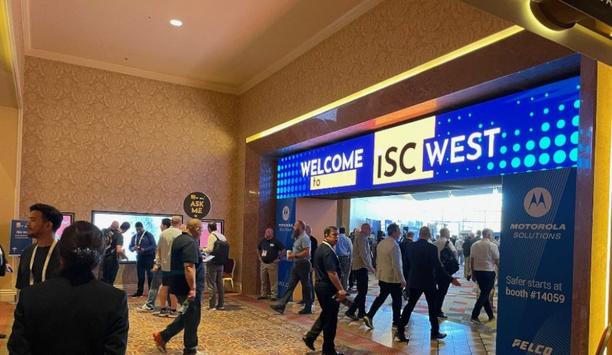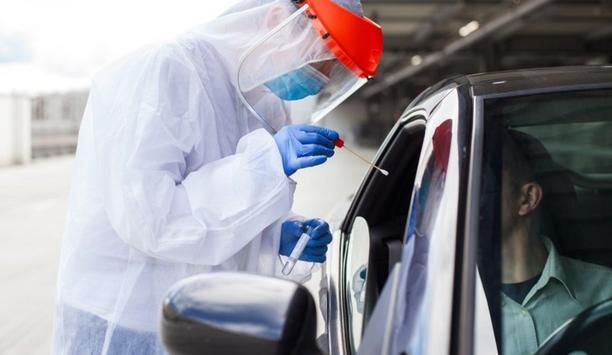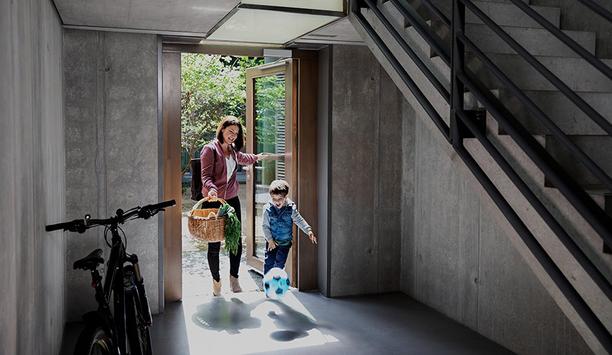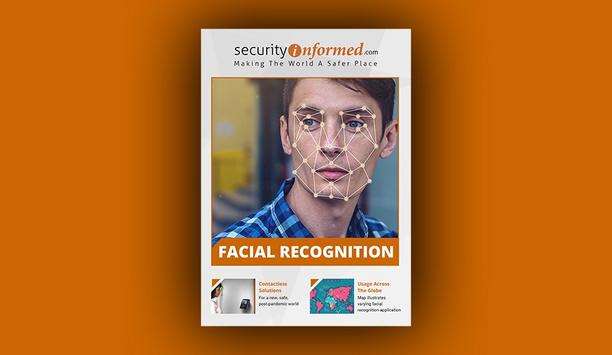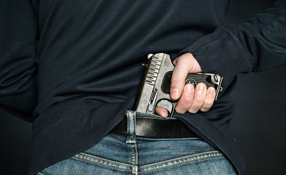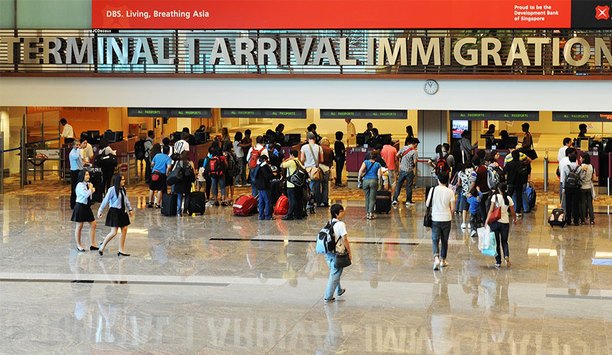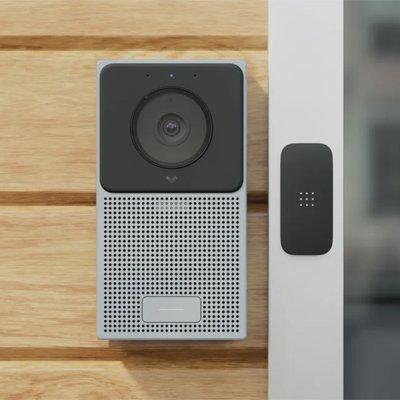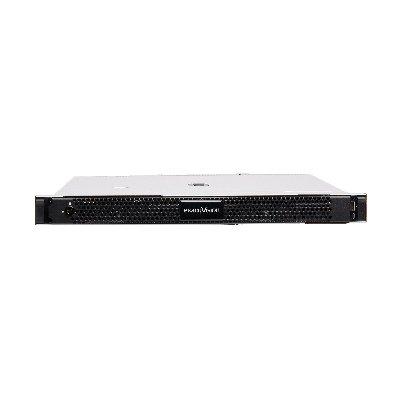 |
| Sports stadiums and leagues are constantly pushing for higher security standards & best practices to strengthen venues that may be perceived as "soft targets" |
Terrorism threats have focused the attention of sports security professionals like Paul Turner, Director of Event Operations & Security for AT&T Stadium in Arlington, Texas, on how to more effectively screen guests and ensure that fans and athletes are kept safe. It has made the sobering reality that stadiums are “soft targets” a part of their daily approach to doing business.
Everything changed on 9/11. Transformed as much as anything else by the terrorist attacks has been security for sports venues. “9/11 was a huge catalyst for a lot of things when it comes to securing public places, especially sporting venues,” says Paul Turner. “A lot of what we’re doing today was put in motion when 9/11 happened.”
Intelligence Through Close Communications
One of the most dramatic changes in stadium security has come through close communications between agencies at every level including new access to intelligence gathering.
“One of the big things has been communications,” says Dr. Lou Marciani, executive director of the National Center for Spectator Sports Safety and Security (NCS4). “The different law enforcement agencies, emergency managers, event people are all communicating together. Intelligence was the next improvement. So we’re on the cutting edge of situational awareness.”
High Security Standards
At AT&T Stadium, where the NFL Dallas Cowboys play, security is guided by standards created by the National Football League. These standards and practices are mandatory for all NFL venues and run the gamut of daily operations all the way through event-day operations for games.
“We’re all being held to those standards,” says Turner. “Then the league put in place an auditing mechanism where they come and evaluate each venue each year and they give you a score on how you are performing based on those standards.”
The National Basketball Association and the National Hockey Association have created similar rules for their own venues.
Guards And Metal Detectors At Stadium Entrances
These security procedures have changed the way fans enter the stadium. Security officials now use hand-held security wands at gates and limit the size and type of bags that can be brought in. Last summer, the NFL added full walk-through metal detectors to its list of "best practices" for stadium security. Next year all 31 stadiums across the country must install them at entry points. Some venues, including Lambeau Field and MetLife Stadium, are using them now at certain gates.
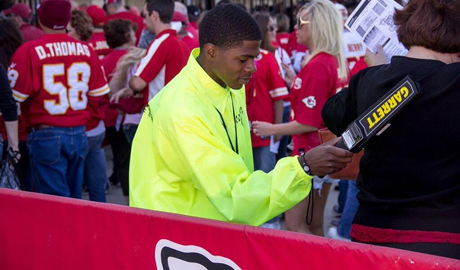 |
| Entry points to a stadium may be secured by walk-through metal detectors, staff with security wands, guards and sniffer dogs |
When terrorists struck in Paris a few months ago, they also attacked a soccer stadium where a match was taking place. Observant security personnel stopped the attackers from entering the stadium and, in the process, saved lives. That event prompted stadiums across America to up security with more guards and even bomb sniffing dogs.
Balancing Sports Security With Guest Experience
Each time security is increased, professionals are faced with an old problem – how do you keep the stadium safe without creating unacceptable obstacles to getting people into the venue?
“You want to make sure you have adequate resources so that you can consistently deliver the level of security,” says Turner. “It’s trying to balance security with the guest experience. It’s making sure that you can conduct that search consistently, but you’re not having excessive wait times of your guests and they’re getting frustrated with the time it takes for you to do that screening.”
The need to keep lines moving without missing a potential threat requires the right number of trained personnel and entry points that are designed to accommodate the movement of crowds. There also must be sufficient personnel inside the venue itself to respond to fan concerns, according to Turner.
Retrofitting Older Stadiums And Extending Security Perimeters
While newer stadiums such as the one being built by the Atlanta Falcons are incorporating security into their design, older venues have been compelled to retrofit their facilities.
“It’s making sure you’ve got equipment inside the building whether it be cameras or other access control equipment,” said Turner. “It’s ensuring you’ve got a good view and good control of the exterior of the building as well. It’s also trying to design for entries and other access ways that are going to provide the appropriate footprint to do patron screening and to make sure you can set those areas up correctly. It is always a challenge, but you’re seeing a lot more attention being paid to newer venues because we all know it’s something we have to do.”
In recent years, stadiums have realised they need to extend their field of view and security outside the venue itself and into the parking lots around the stadium.
“So if you’ve got gathering areas outside your building such as for tailgating and parking lots or areas where people are going to gather for queuing to get into the building, we’re considering that as also being under our protective umbrella,” says Turner. “We’re paying a lot more attention to how we manage those resources that we put out to help provide for safety and security in those kind of extended perimeters.”
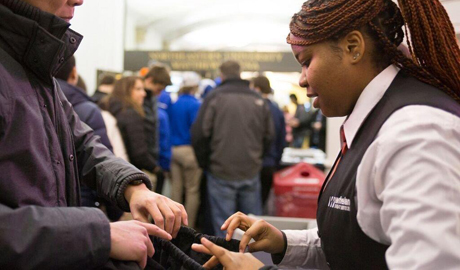 |
| Security procedures such as bag checks are designed to infringe on the guest experience as little as possible, but to be thorough and consistent |
SAFETY Act Certification
Hosting large numbers of people in one place has also increased the financial risks for stadiums and sports league even with greatly increased levels of security. Now an increasing number of organizations and venues are seeking certification through the Support Anti-terrorism by Fostering Effective Technologies Act of 2002 (SAFETY Act). Bestowing liability protections for providers of certain anti-terrorism technologies, the SAFETY Act provides incentives for the development and deployment of these technologies by creating a system of risk and litigation management.
“On the one hand it’s looking at the how and what you do and how effective that is, and on the other end it’s actually capping your liability costs,” says Richard Fenton, Vice President of Corporate Security at Ilitch Holdings Inc., which includes the NHL’s Detroit Red Wings and MLB’s Detroit Tigers. “If you get certification you get all of the benefits of designation, but you also get to exercise the government contractor defense and in essence there is a presumption of immunity because you’ve been thoroughly vetted by the Safety Act office.”
The NFL was the first sports league to submit its best practices and security protocols to Homeland Security and be awarded SAFETY Act certification. By granting the certification to the NFL, venues can acquire and lose it on daily basis.
“When the Detroit Lions are playing a football game, they are covered by that certification,” notes Fenton. “The next night when they’re doing a Taylor Swift concert and they have the same security protocols and systems and technology and very same staff that’s been trained the same way, they’re not covered.”
Rising Opportunity For Security Companies
The elevated need for security has also created new opportunities for security companies.
“There are expectations for a higher level of performance and professionalism,” says Jeff Spoerndle, Vice President of Whelan Event Services. “Our organization has been doing special event security since the 1970s, but we did a major expansion into the marketplace in 2009. At that time, we saw there was really a weakness in the marketplace for somebody who was a professional providers of services.”
These days Whelan is providing personnel who are able to handle all aspects of stadium security from ticket taking to the operation of cameras and metal detectors.


